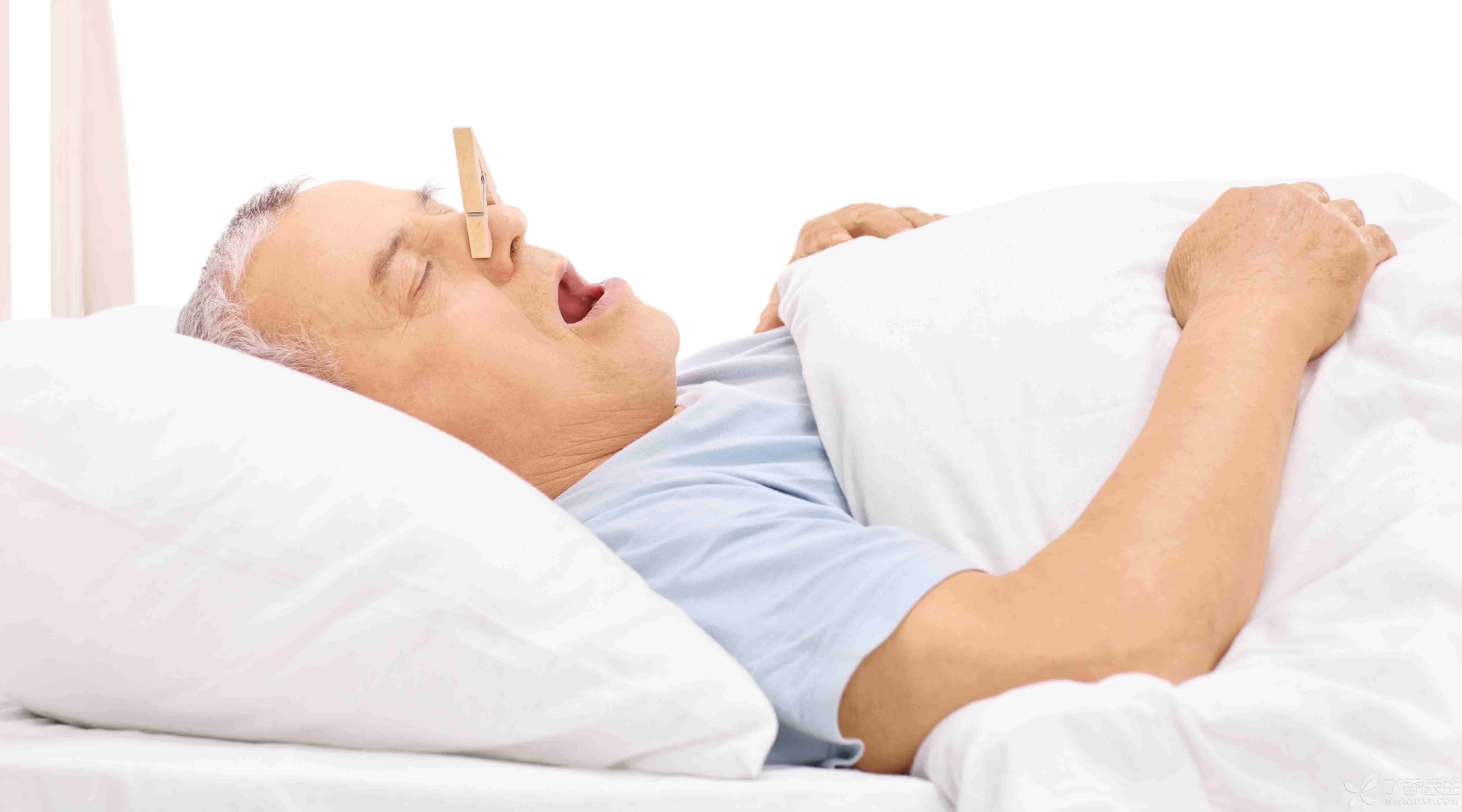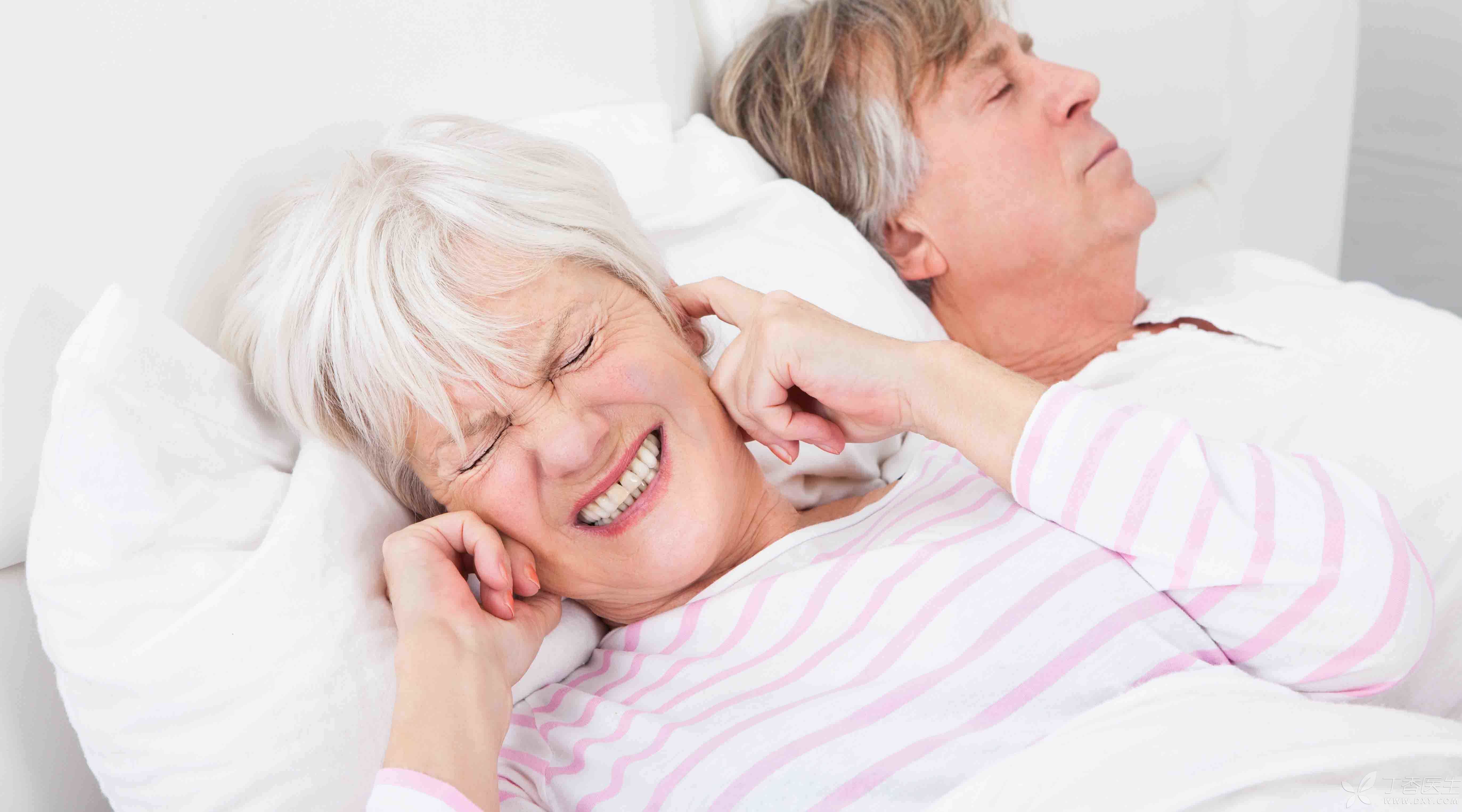
Lao Li, who has suffered from type 2 diabetes for many years, has always believed that insomnia is a very distant thing.
Compared with his wife who often suffers from insomnia, he always sleeps soundly and snores loudly. Only during this period of time, he always wakes up at night and feels dizzy and wants to sleep during the day.
Later, the doctor said that Lao Li had [sleep apnea hypopnea syndrome].
Lao Li found that many friends with diabetes also suffered from diseases.
Is this an accident? Or is it because this disease is indissoluble with diabetes? Is there any way to prevent it?
Why do you snore?
Snoring is mainly caused by the collapse of the muscle tissue at the throat when lying flat, resulting in narrow air circulation roads. The passage of air flow will cause muscle tissue to vibrate and make snoring.
If you suffer from nasopharyngeal diseases such as tonsil hypertrophy and nasal polyps, snoring symptoms will be more serious.
When the blockage is severe, you may suffer from [sleep apnea hypopnea syndrome].
In light cases, the quality of sleep at night is poor, often suffocating, urinating at night, drowsiness during the day, fatigue, etc.
In severe cases, myocardial infarction, cerebral infarction, pulmonary heart disease, impaired glucose tolerance, etc. will be caused.
Is snoring related to diabetes in what?
On the one hand, sleep apnea hypopnea syndrome can induce and aggravate type 2 diabetes.
Because of hypoxia, the levels of various hormones in the body will change, the hypoglycemic ability of insulin will be weakened, the utilization rate of glucose in the body will decrease, and blood sugar will increase.
Decreased sleep quality, daytime drowsiness, reduced activity and reduced consumption may lead to further weight gain and increase the risk of type 2 diabetes.
On the other hand, type 2 diabetes can also induce or aggravate sleep apnea hypopnea syndrome.
Obesity is very common in patients with type 2 diabetes, while excessive fat deposition around the upper jaw and throat of obese people makes airway more prone to stenosis and collapse, pharyngeal wall contraction and expansion capacity decline, and snoring is easy.
In addition, microangiopathy and neuropathy complicated by patients with type 2 diabetes are also one of the factors inducing hypopnea syndrome.
Snoring in sleep must be this disease?
So, snoring means sugar lovers have suffered from sleep apnea hypopnea syndrome?
Not necessarily.
There is a kind of snoring, called [simple snoring], this kind of snoring snoring is uniform and regular, the sound level is consistent, generally not accompanied by apnea.
The relationship between simple snoring and diabetes is still unclear, but it is already related to hypertension and cardiovascular and cerebrovascular diseases.
If allowed to develop, simple snoring may develop into sleep apnea hypopnea syndrome.
To determine what kind of snoring you belong to, you need to go to the respiratory department of the hospital for examination.

Only when there is prevention and treatment can one rest assured if one sleeps safely.
If snoring, lethargy, difficult control of blood sugar and blood pressure, recurrent cardiovascular and cerebrovascular diseases, increased nocturia and other conditions occur, we should be alert to the possibility of sleep apnea hypopnea syndrome, and it is recommended to go to the hospital for relevant examination.
Doing the following well can help sugar lovers minimize the occurrence of sleep snoring and is also a treatment for hypopnea syndrome.
- Control blood sugar and actively treat diabetic complications; Avoid obesity and overwork; Quit smoking and drinking; Avoid abuse of sedative and sleeping drugs; When sleeping, lie on your side as far as possible, and reduce the pillow appropriately, slightly higher than the neck. Treat nasopharyngeal diseases.
In addition, continuous positive airway pressure ventilation, oral appliance and pharyngeal surgery are also methods to treat hypopnea syndrome.
Dr. Clove Reminds:
Snoring habits, especially for friends with diabetes, should not be taken lightly. It is suggested to find out the reason.
